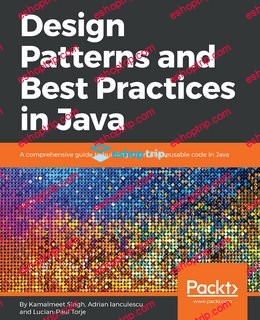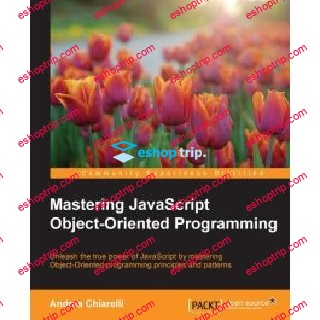Published 1/2024
MP4 | Video: h264, 1920×1080 | Audio: AAC, 48 KHz
Language: English | Size: 1.37 GB | Duration: 2h 41m 8s
Reactive programming improves the throughput of microservices. This course explains how virtual threads and structured concurrency improve the reactive programming model, by writing simpler code that is easier to maintain and debug.
Designing a reactive system is complex and leads to code that is hard to test, hard to debug, and expensive to maintain. Virtual threads have been added to the Java platform to overcome these problems, and make it so that your simple imperative and blocking code is the right solution to design reactive systems. In this course, Concurrent Programming in Java with Virtual Threads, you will learn how virtual threads and structured concurrency can improve the reactive programming model. First, you will explore the patterns you can use to run your application on virtual threads. Then, you will learn how virtual threads are working under the hood, so that you can make informed decisions on where to use them in your application. Finally, you will see several applications use cases, built on virtual threads through the use of structured concurrency, to put everything in practice. When you are finished with this course, you will be fully equipped to improve your applications with virtual threads and structured concurrency, something you will need to improve the maintainability of your reactive and asynchronous code.
Homepage










